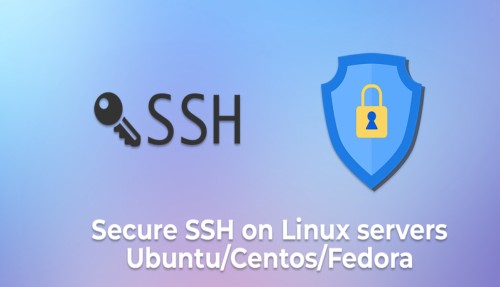SSH (Secure Shell) is a network protocol that enables secure remote connections between two systems. It is widely used in Linux systems and other Unix-like operating systems for executing secure shell commands and secure communication over networks, most commonly the Internet. SSH provides strong authentication and secure communications by encrypting all data sent over the network.
The main advantage of using SSH is that it is secure and prevents confidential data from being stolen or compromised. With SSH, the user can authenticate the remote computer and establish a secure channel to the remote host, allowing for secure file transfer and remote command execution. In addition, SSH can be used for tunneling between networks, port forwarding for secure access, and X11 forwarding for graphical applications.
In order to use SSH on a Linux system, an SSH client application needs to be installed. Some of the most popular SSH clients include OpenSSH, PuTTY, and Secure Shell. After setting up an SSH client, the user can connect to a remote system using the IP address or domain name of the server. Upon successful authentication, the user will have access to the remote Linux system.
Once connected, the user can execute commands directly on the remote system. This is done by typing the command followed by the Enter key. The user can also transfer files securely over the network with the SCP or SFTP commands. SCP stands for Secure Copy Protocol, and SFTP stands for Secure File Transfer Protocol. These protocols provide a secure way to upload and download files to the server while keeping their contents encrypted.
Overall, SSH is one of the most important and useful tools available in Linux systems. It provides secure access and encrypted communication between two computers over the network, allowing the user to remotely manage servers and securely transfer files.




